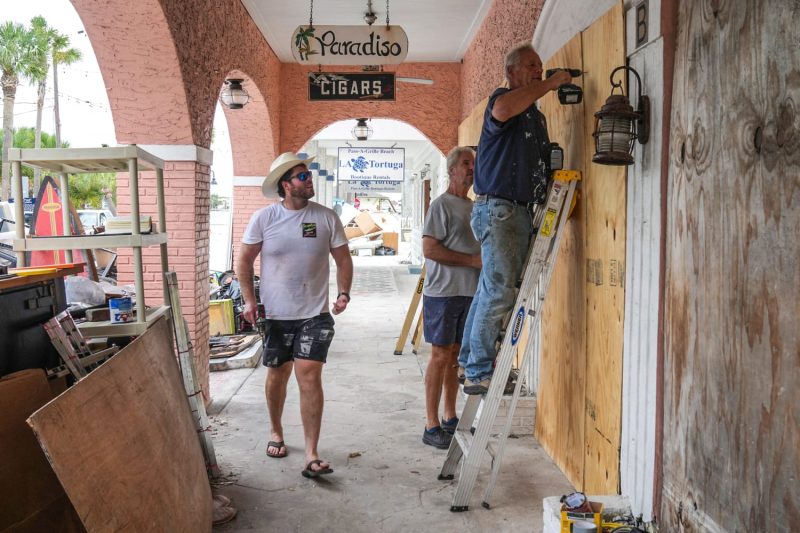The recent intensification of Hurricane Milton has had a significant impact on the financial markets, with shares of generator maker companies experiencing a surge while insurance stocks plummet. This dynamic shift in market trends reflects the broader implications of extreme weather events on various industries and sectors.
As Hurricane Milton strengthens, the demand for generators has soared, as individuals and businesses alike seek to secure alternative power sources in preparation for potential power outages. Generator maker companies, therefore, have seen a substantial increase in their stock values, driven by the heightened demand for their products.
On the flip side, insurance stocks have taken a hit as the looming threat of Hurricane Milton prompts concerns about potential damages and insurance claims. Insurance companies are bracing for a surge in claims related to property damage, flooding, and other storm-related issues, leading investors to sell off insurance stocks in anticipation of increased liabilities.
The contrasting performance of generator maker shares and insurance stocks underscores the complex interplay between natural disasters, financial markets, and risk management. It serves as a stark reminder of the broader economic consequences of climate-related events and the need for proactive measures to mitigate risks and ensure business continuity.
In conclusion, the evolving situation surrounding Hurricane Milton serves as a stark illustration of the far-reaching effects of extreme weather events on the financial markets. As generator maker shares soar and insurance stocks fall, investors are faced with the challenge of navigating a rapidly changing landscape shaped by the forces of nature. Moving forward, it is essential for businesses and investors to adopt a forward-looking approach to risk management and resilience in the face of climate-related risks.




























